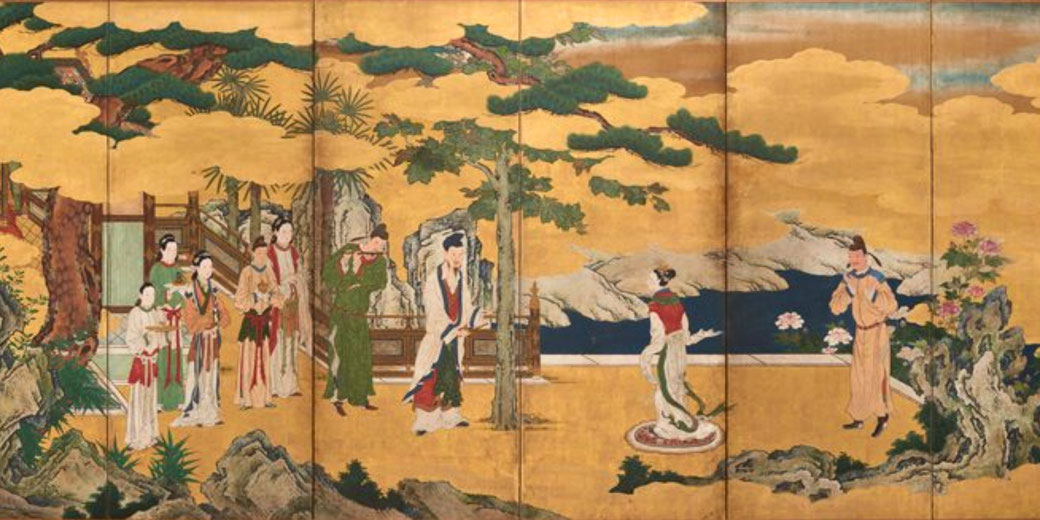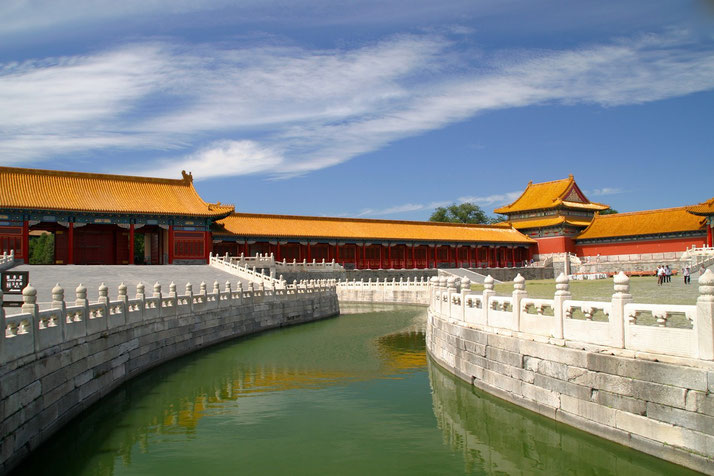What was it like to be a Chinese emperor?

From the stunning palaces of the Forbidden City to the intricate rituals and ceremonies of court life, being an emperor in ancient China was a world of opulence and danger, of power and isolation.
The emperor was considered to be the 'Son of Heaven', tasked with maintaining the cosmic balance and representing the will of the gods.
Yet behind the lavish façade of their lifestyles, they faced constant threats of rebellion, assassination, and betrayal.
Can we know what it was really like to be a Chinese emperor, living from the Qin Dynasty to the Qing Dynasty?
Overview of Chinese imperial history
Chinese imperial history spans over two thousand years and includes the rise and fall of many dynasties.
The Qin Dynasty (221 BCE to 206 BCE) marked the beginning of imperial China after Qin Shi Huang unified China and declared himself its first emperor. This was followed by the Han Dynasty (206 BCE to 220 CE).
After the Han Dynasty, China was ruled by a series of dynasties, including the Tang, Song, Yuan, Ming, and Qing, among others.
The Ming Dynasty was overthrown in 1644 by the Manchu-led Qing Dynasty. This dynasty lasted until 1912 when it was overthrown by a revolution led by Sun Yat-sen, who forced Emperor Puyi to abdicate, marking the end of imperial China.
During this period, China's emperors held great power and were considered the representatives of the divine on earth, responsible for maintaining social order and cosmic balance.
How to become emperor
To become an emperor, one had to be born into a royal family or occasionally rise through the ranks of the government and military.
In some cases, a successful rebellion or coup d'etat could also lead to the establishment of a new dynasty and the rise of a new emperor.
Once an emperor ascended to the throne, he was considered the son of heaven and the representative of the divine on earth.
The emperor was expected to rule with wisdom, compassion, and justice, and to maintain social order and harmony. The Mandate of Heaven, dictated that emperors ruled by divine favour, but their authority could be lost through misrule.
From the Ming Dynasty (15th century) onwards, the emperors lived in a palace, known as the Forbidden City, a sprawling complex of buildings, gardens, and courtyards.
It was heavily guarded and only accessible to a select few, including the emperor's family, concubines, eunuchs, and officials.

What did an emperor do all day?
The emperor's daily routine was highly regimented and ceremonial. He would begin his day with morning audiences, where he would receive reports from his ministers and make important decisions.
He would then attend to his personal affairs, such as reading, writing, and painting.
In the afternoon, the emperor would perform various religious and ceremonial duties, such as making sacrifices to the gods, presiding over court sessions, and receiving foreign envoys.
He would also spend time with his family, concubines, and attendants.
But there's always a 'downside'...
While the life of an emperor might seem luxurious and opulent, it was not without its challenges and dangers.
Emperors were often the target of assassination attempts, rebellions, and coups d'etat.
They also had to navigate court politics and maintain the loyalty of their officials and military commanders.
Moreover, being an emperor often meant living a life of isolation and loneliness. The emperor was expected to maintain a regal and distant demeanor, and was often surrounded by flatterers and sycophants.
He could never truly trust anyone and had to constantly be on guard against betrayal.
Would you like to be emperor?
Being an emperor in ancient China was a position of immense power and responsibility.
While it offered the opportunity for great wealth and luxury, it also came with the risk of danger and isolation.
The emperor's daily routine was highly structured and ritualized, and his life was subject to the whims of court politics and the unpredictable forces of history.
What do you need help with?
Download ready-to-use digital learning resources
Copyright © History Skills 2014-2025.
Contact via email
With the exception of links to external sites, some historical sources and extracts from specific publications, all content on this website is copyrighted by History Skills. This content may not be copied, republished or redistributed without written permission from the website creator. Please use the Contact page to obtain relevant permission.





